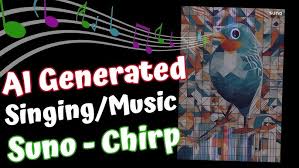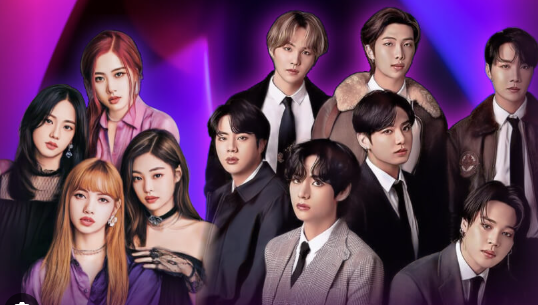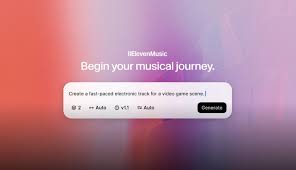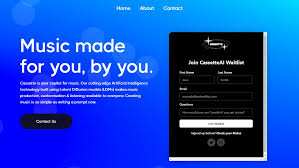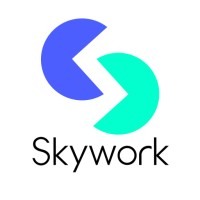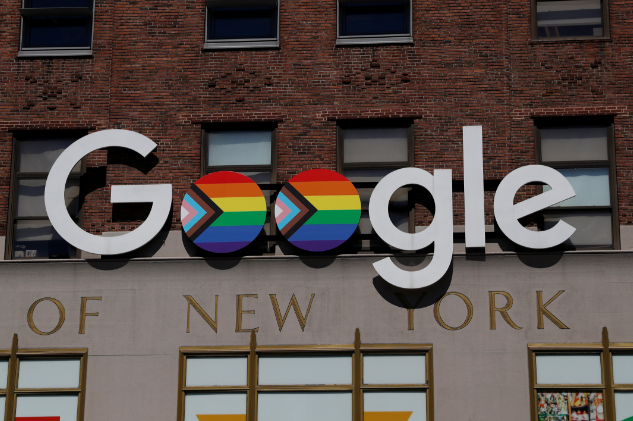AI-generated music has exploded in popularity, but most tools still struggle with long-form structure, coherent melodies, or nuanced instrumentation. Enter Google MusicLM, a powerful music generation model developed by Google Research. Initially introduced in 2023 and gradually rolled out through platforms like AI Test Kitchen and MusicFX, MusicLM set a new benchmark for how machines understand and produce music from text prompts.
But what does MusicLM offer in real-world usage? Is it just a research project—or a tool composers and creators can actually use today? This Google MusicLM review cuts through the hype, giving you a clear look at its capabilities, limitations, and how it compares with competitors like Suno, AIVA, and Meta’s MusicGen.
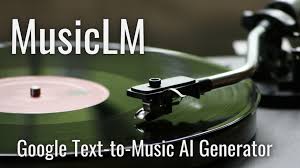
What is Google MusicLM?
Google MusicLM is a text-to-music generation model that can synthesize music directly from descriptive prompts. Developed by Google Research and released in experimental form via AI Test Kitchen and MusicFX on Android, the model uses AudioLM and MuLan encoders to bridge the gap between semantic text and temporal audio patterns.
For example, a user can input:
“A futuristic jazz tune with saxophone and ambient synth textures, 90 seconds long.”
And MusicLM will generate a rich, original track that mirrors that prompt’s intention.
Explore:Best AI Music Generation Models
Key Features of Google MusicLM
Text-to-Music Prompting: Describe mood, genre, instrumentation, and structure using natural language.
Genre-Agnostic Composition: Supports classical, EDM, hip-hop, ambient, rock, and cross-genre combinations.
Melody Conditioning: MusicLM can condition its output on melody inputs (e.g., humming or existing tunes).
Hierarchical Audio Generation: Employs a multi-stage transformer approach for coherent long-term structure.
Model Output Length: Generates clips up to 2 minutes, outperforming most competitors capped at 30–60 seconds.
Fine-Grained Control (Under Research): Researchers are exploring user interface designs for layering and refinement.
Google MusicLM vs Competitors
| Model | Text Prompt Support | Vocals | Output Length | Melodic Control | Licensing | Accessibility |
|---|---|---|---|---|---|---|
| Google MusicLM | ? Advanced | ? | 2 minutes | ? Experimental | Non-commercial only | Invite-based |
| Suno AI | ? Natural Language | ? | 1–2 minutes | ? | Commercial use | Open sign-up |
| AIVA | ? Template + manual | ? | Unlimited | ? Manual | Commercial use | Free & Pro |
| MusicGen | ? Dev-friendly | ? | ~30 sec | ? Yes (open source) | Open Source | Local/server deployment |
MusicLM’s major innovation lies in semantic richness—its ability to understand abstract prompts like “a dreamy tune evoking memories of childhood” and turn them into immersive musical pieces. In contrast, many other platforms require preset genres or simple templates.
Pros of Google MusicLM
Generates high-quality, stylistically rich instrumentals.
Understands detailed, nuanced prompts with emotional depth.
Ideal for experimentation, sound design, or inspiration.
Longer output than most other text-to-music models.
Research-grade synthesis quality from Google AI Labs.
Cons of Google MusicLM
Still under limited release; not widely available to the public.
Does not support vocals or lyrics.
No commercial license (yet); only for research or exploration.
No downloadable MP3s in Test Kitchen (streaming only).
No editing or DAW integration—generated clips are standalone.
Pricing and Access
Currently, Google MusicLM is free, but access is limited. Users can:
Try MusicLM through MusicFX, an experimental feature on Android devices with YouTube Shorts integration.
Test it via AI Test Kitchen (if invited).
There is no public API, export option, or monetization pathway as of mid-2025.
There are no paid plans available. Commercial licensing and expansion have not yet been announced.
Frequently Asked Questions
Is Google MusicLM available to everyone?
No, MusicLM is in limited access mode via AI Test Kitchen and Android MusicFX. General users can’t yet sign up freely.
Can I use Google MusicLM music commercially?
Not yet. The license is currently for non-commercial use only and research purposes.
Does Google MusicLM support vocals or lyrics?
No. Unlike Suno or Boomy, MusicLM is focused entirely on instrumental generation.
How long are MusicLM tracks?
Each generated track can be up to 2 minutes long, which is more than many competitors like MusicGen or Boomy.
Is the audio downloadable?
In most test environments, tracks are streamed only, not directly downloadable.
Conclusion: Is Google MusicLM Worth Exploring?
Google MusicLM is without doubt one of the most impressive AI music generation models ever built. Its strength lies in understanding and interpreting text prompts into high-fidelity musical structures. However, its usage is still confined to experimental testing and non-commercial exploration.
If you’re a musician, sound designer, or AI researcher, MusicLM is a compelling tool for inspiration and experimentation. But if you're a YouTuber, indie artist, or beatmaker looking for fast, monetizable tracks, platforms like Suno, AIVA, or Boomy are better suited right now.
As of 2025, Google has not announced plans to commercialize MusicLM—but its technological foundation suggests it could be a game-changer when that day arrives.
Learn more about AI MUSIC TOOLS

